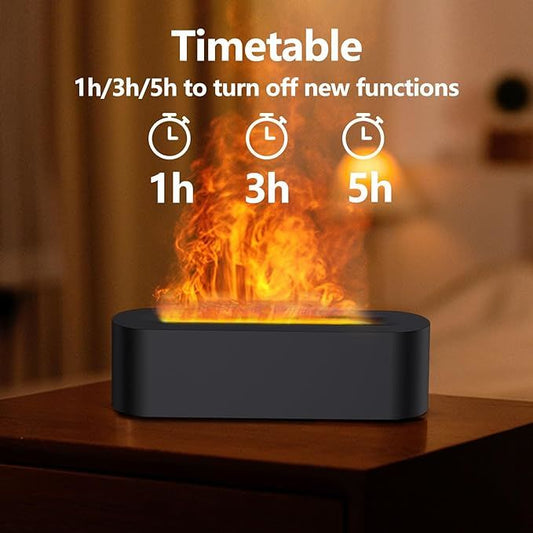In the relentless march of progress, our lives have become intrinsically intertwined with the digital realm. The ubiquitous presence of mobile phones has revolutionized the way we communicate, work, and entertain ourselves. However, with this technological evolution comes a dark side—one that significantly impacts our ability to attain a restful night's sleep.
The advent of smartphones has brought about a digital invasion, reshaping the landscape of our daily existence. These sleek, handheld devices have seamlessly integrated into our lives, becoming an extension of our very selves. From the moment we wake until the second we close our eyes, our mobiles are constant companions, offering a portal to an infinite digital universe.
The psychological ramifications of this dependency are profound. The allure of notifications, the beckoning glow of screens, and the constant accessibility to information create a perpetual state of alertness. As a result, the boundary between the waking world and the realm of dreams becomes blurred, and the transition from a busy day to a peaceful night's sleep becomes increasingly challenging.
Smartphone addiction, a term gaining prominence in psychological discourse, is intricately linked to this digital invasion. The dopamine-driven pleasure of scrolling through social media feeds, responding to messages, or engaging in endless streams of content establishes a loop of reward that is difficult to break. The compulsion to check our phones, even in the wee hours, disrupts the winding-down process crucial for a good night's sleep.
The impact of this digital invasion is not merely psychological; it extends into the physiological realm. The glow emitted by smartphone screens, particularly the blue light spectrum, interferes with the body's production of melatonin—the hormone responsible for regulating sleep-wake cycles. Exposure to such artificial light in the evening confuses the circadian rhythm, signaling to the body that it's still daytime, making it harder to initiate the sleep process.
Our bedrooms, once sanctuaries for rest, have become battlegrounds where the digital invasion plays out most intensely. The glow of screens illuminates the darkness, creating an environment that is far from conducive to sleep. The temptation to check messages, emails, or indulge in a quick social media update often supersedes the instinct to surrender to the embrace of sleep.
In the digital age, the constant barrage of information, notifications, and the blue-lit glow of our devices contribute to a state of perpetual alertness, hindering our ability to unwind and embrace the tranquillity necessary for restorative sleep. As we delve deeper into the labyrinth of the digital era, it becomes imperative to understand and address the implications of this invasion on our sleep—a fundamental aspect of our well-being that is too often sacrificed at the altar of technological progress.




